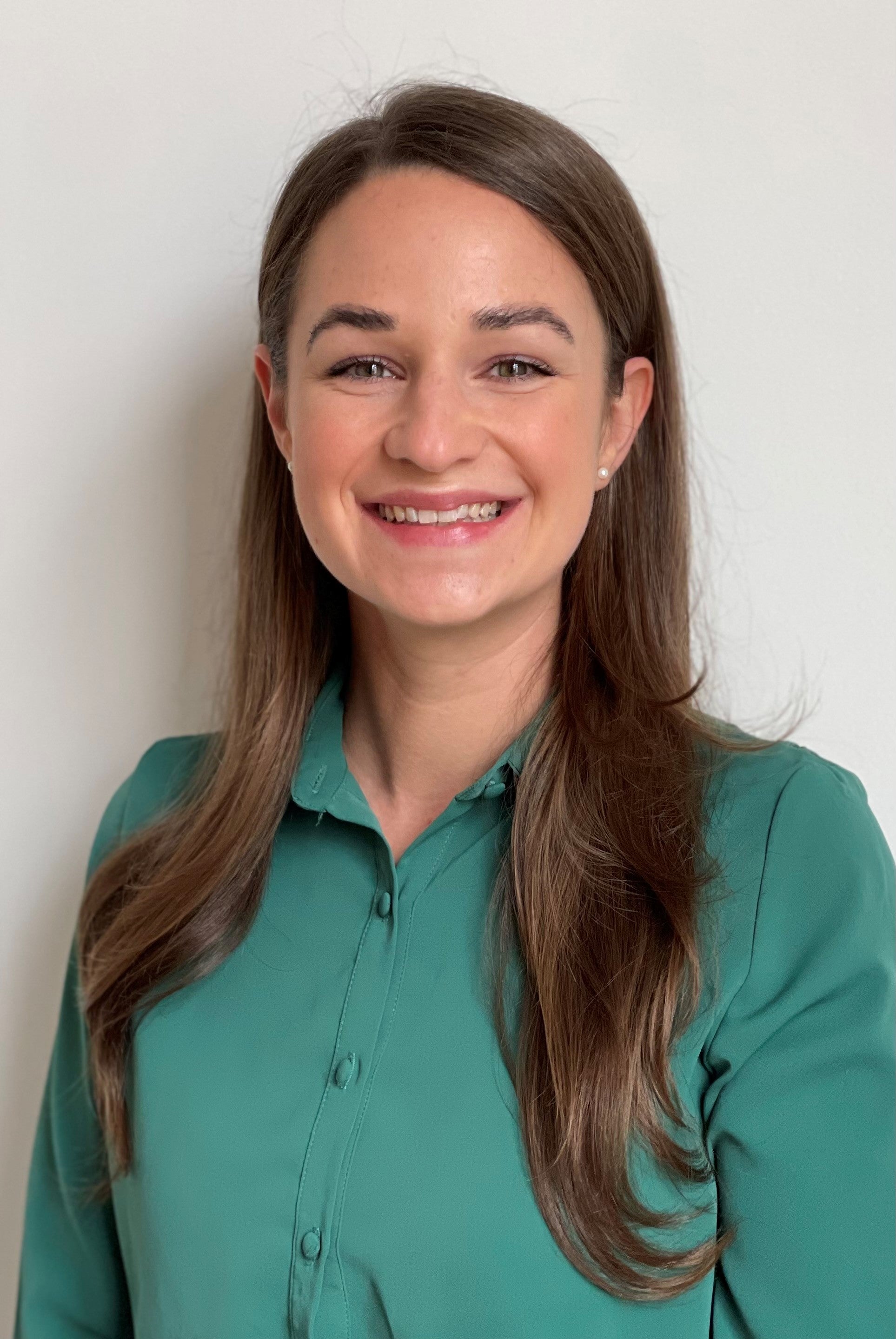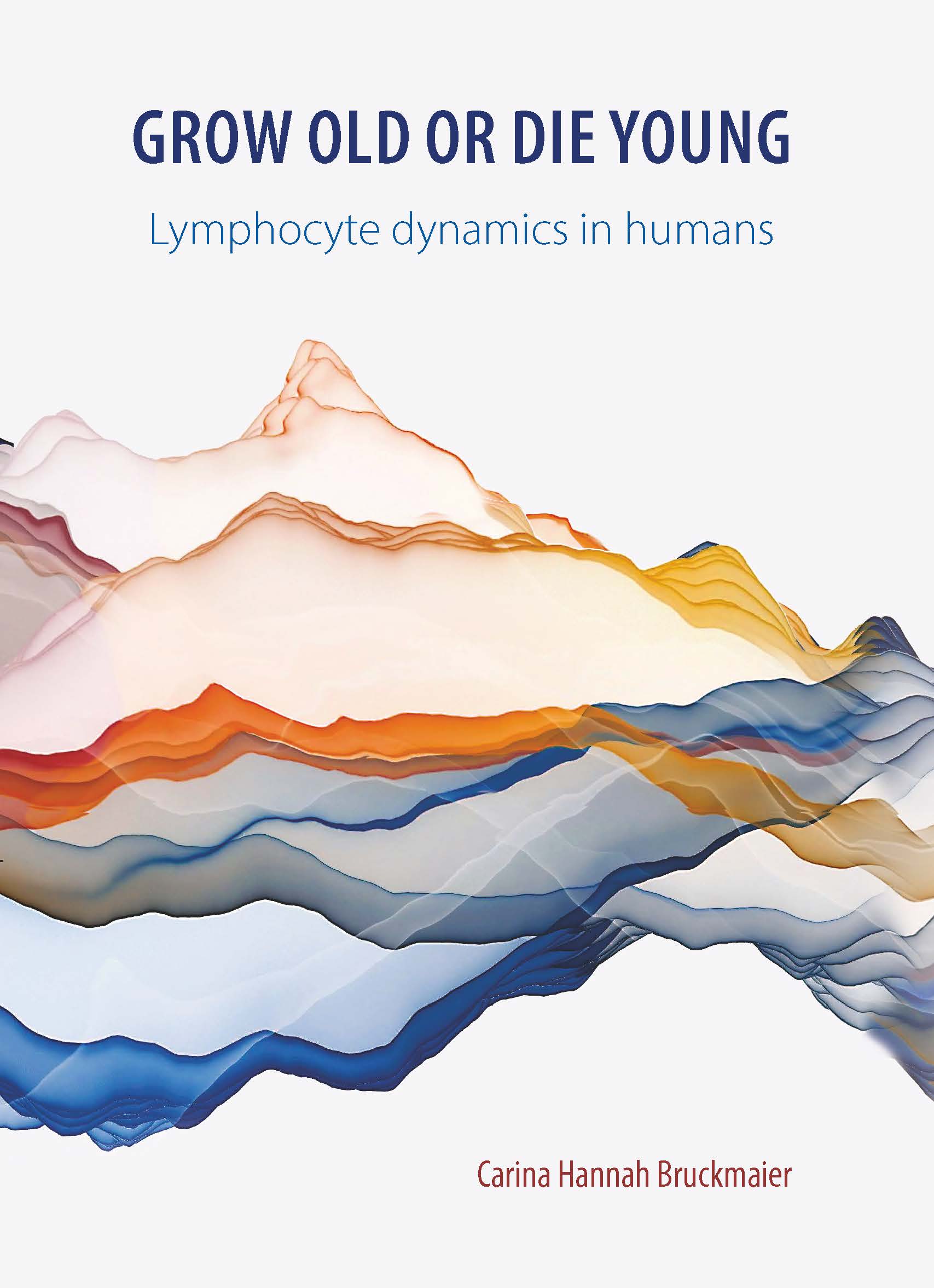June 3: Life span of lymphocytes further unraveled

In her PhD thesis, Carina Bruckmaier (UMC Utrecht) explored lymphocyte dynamics in various tissue sites in homeostasis and during imbalanced states. In particular, her research on the life span of some of the lymphocyte subcategories revealed some interesting new insights.
The human immune system has the capacity to keep the number of lymphocytes in the body relatively consistent despite a constant exposure to bacteria and viruses. The immune system is working to maintain this balance: new lymphocytes are created continuously, existing lymphocytes divide, change function and are lost again. A balance between production and loss of lymphocytes is essential to keep the immune system healthy up to old age.
Homeostasis of lymphocytes

To understand how lymphocyte populations are generated, maintained and subsequently lost, and how these populations are disrupted and restored during disease, it is important to gain a quantitative understanding of lymphocyte dynamics. In her thesis, Carina Bruckmaier (Center for Translational Immunology, UMC Utrecht) explored lymphocyte dynamics using heavy water labeling, T-cell receptor (TCR) sequencing and functional characteristics of lymphocytes in various tissue sites in homeostasis and during imbalanced states.
Lifespan of NK cells
Due to the challenges of using T cells in chimeric antigen receptor (CAR) therapy, alternative cell types are being explored. One of these alternatives are NK cells, a subset of innate immune cells specialized in anti-tumor and anti-viral immune responses. They quantified the lifespan of NK cells in vivo using deuterated water and found it to be 94 days - longer than previously reported in the literature. Tthese results suggest that NK cells are much longer-lived than commonly thought, which could offer a more positive outlook on and aid the implementation of CAR-NK cell therapy.
Lifespan of T cells
Shifting the focus to T cells, particularly to memory T cells residing in tissues of wildling mice and humans, they examined the differences in their lifespan across various tissue sites compared to their counterparts in blood. The findings challenge the current notion that tissue-resident memory T cells are long-lived. Bruckmaier and co-workers also found that tissue-resident cells in the skin of humans, the lung and the liver of wilding mice are shorter-lived than those in circulation. These studies also shed new light on the ongoing debates regarding the lifespan of regulatory T cells in humans and suggest that during adulthood their maintenance is mostly independent of thymic output. Additionally, they investigated the impact of aging and neonatal thymectomy on the functional characteristics and TCR repertoire diversity of naive and memory T-cell populations during adulthood. Contrary to common belief, the investigators found that the immune system of individuals who had been thymectomized shortly after birth did not show any signs of premature aging. Instead, their TCR repertoire was as diverse as that of age-matched individuals.
Carina Bruckmaier concluded: “These new insights into the functionality, dynamics, and diversity of lymphocytes throughout the body do not only improve our understanding of the immune system in health and disease, but also pave the way for the development of novel therapeutic approaches.”
PhD defense

Carina Bruckmaier (1993, Biberach an der Riss, Germany) defended her PhD thesis on June 3, 2024 at Utrecht University. The title of her thesis was “Grow old or die young - Lymphocyte dynamics in humans”. Supervisor was prof. José Borghans PhD and co-supervisor was Kiki Tesselaar PhD (both Center for Translational Immunology, UMC Utrecht).
